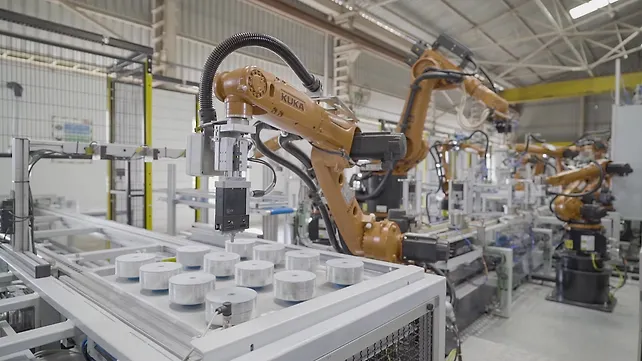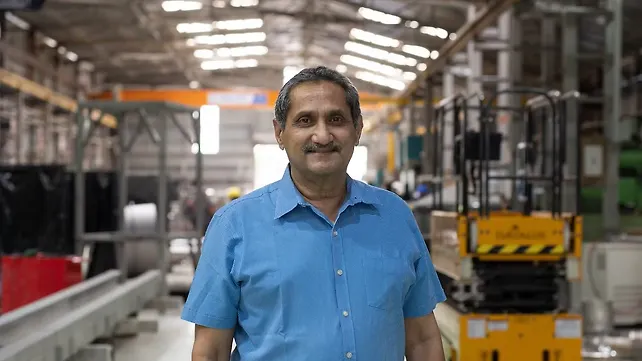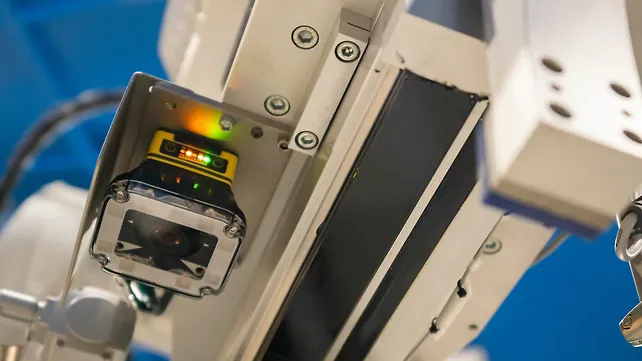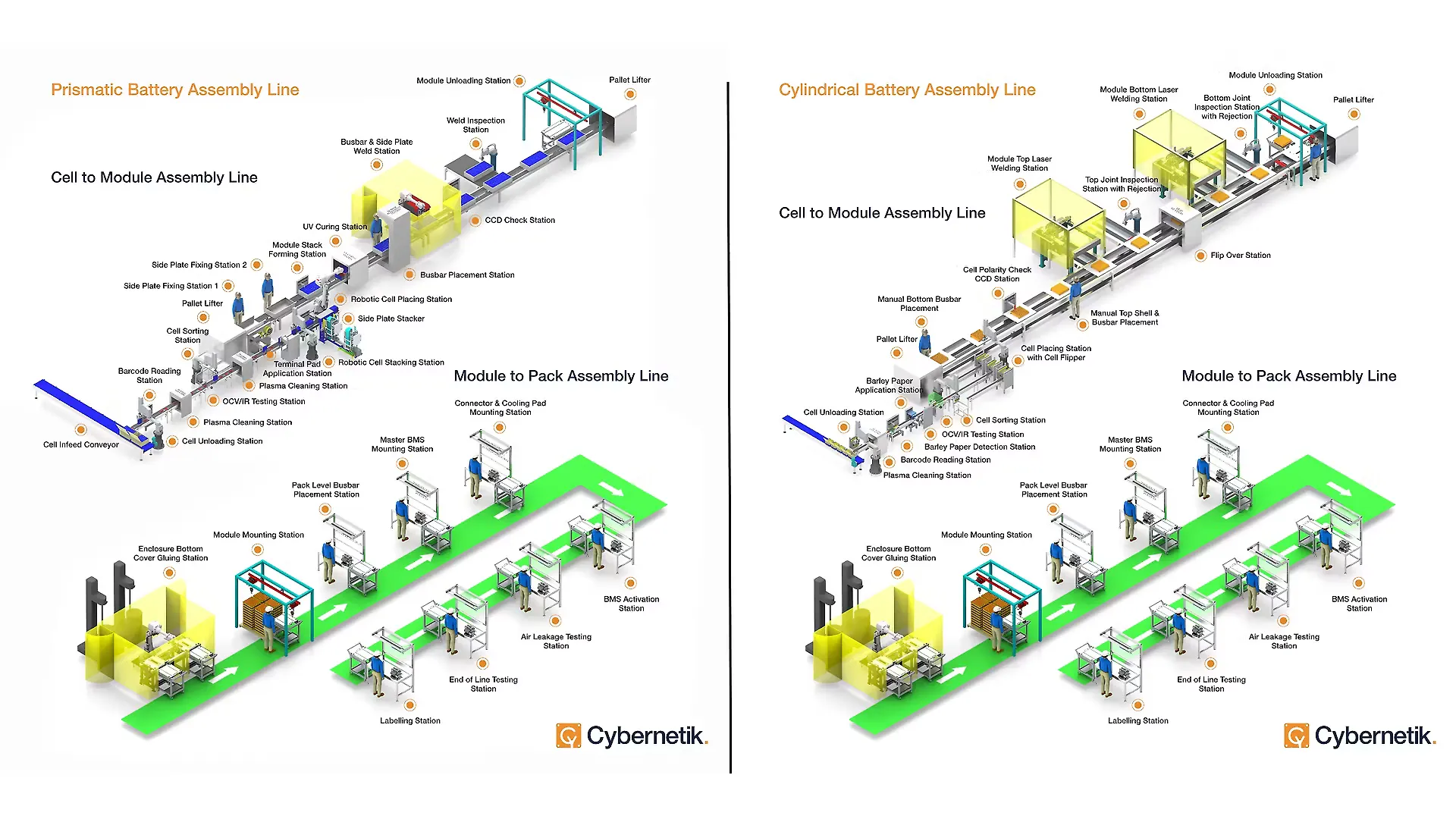
Over half a dozen incidents of electric two-wheelers catching fire in the country have raised serious questions about passenger safety, and more importantly, about electric vehicle and battery technologies.
While NITI Aayog stepped in to set-up a team of independent experts to investigate the EV fire incidents, Nitin Gadkari, Union Minister of Road Transport & Highways (MoRTH) has also announced that any EV company found to be negligent with customer safety will be penalised heavily and has asked manufacturers to recall the defective EVs.
Even as vehicle and battery makers make efforts to get to the root cause of these fires, one Indian industrial automation company, Cybernetik Technologies is betting big on automation and robotics in the automotive sector, and EV battery assembly.

We recently spoke to Mahesh Wagle, Co-founder & Director, Cybernetik Technologies to get a deeper understanding of the company’s offerings. Headquartered in Pune, the company designs, builds, and installs end-to-end, turnkey automation systems to serve the food, agro, pharmaceutical, and chemical manufacturing industries, apart from the automotive industry.
Over the last two to three years, India has seen a lot of movement in the EV space, and Cybernetik is at the heart of two primary challenges that EVs come across – energy storage technology and energy delivery technology. Both these challenges, Wagle said can be addressed with automation. And that primarily is the reason why Cybernetik has entered this space.
Founded in 1989, Cybernetik has over the last three decades, built massive capabilities in delivering turnkey projects, both domestically as well as overseas. It was one of the pioneers in the automation space, considering India had no full-scale automation player around that period.
Building Battery Packs
While multiple battery chemistries and battery pack concepts are in the works, Wagle said all the horror stories of battery packs exploding, and not working optimally are primarily connected with the building technology of the cell. “There are two parts to it – one is the cell chemistry, which is a huge domain in itself. But when it comes to the final delivery of that energy, there is a lot of science and technology involved in the way you build it,” he said.

Cybernetik is in a unique position, Wagle claims, to offer all those robust technologies to build battery packs. “The battery pack has to withstand all those so-called hardships, including vibrations, potholes, or drops,” he said.
Wagle is a strong advocate of swappable battery technology, and believes it would be a game-changer for a country like India, where there is an issue of space and charging infrastructure.
Bound by non-disclosure agreements (NDA), Wagle refrained from naming companies Cybernetik is currently is working with for swappable battery technology, but said the company is in advanced stages of building technology to make these swappable battery packs withstand all Indian conditions, including making them robust, drop proof, idiot proof, and also meet standards such as IP 67.
In addition to automotive applications, Wagle believes in the large solar energy potential in India. Cybernetik is working on battery packs for static applications such as solar, where the challenges are different because the battery pack sizes are far bigger than what is required for automotive applications.
Cybernetik’s Solution
Cybernetik’s claim is that it helps companies make better battery packs, and that is done through automation and robotics.

“A battery pack is essentially an energy device, and to put it simply, it is a bomb and can explode,” explained Wagle, while commenting on the numerous people and assemblers tinkering with battery packs “at their backyards”. Manufacturing of large battery pack lines can happen only with end-to-end robotics, he said.
Robotics and automation ensure battery packs are assembled automatically, accurately, and faster. It also helps in quality checks right from the start to the time they are rolled out of the assembly line. Cybernetik is one of the few companies deploying this kind of technology to mainstream vehicle manufacturers, he claimed.
Market Spread
Cybernetik currently employs over 300 people across four manufacturing units, two each in Pune and Gujarat. In addition, it has an office in Ho Chi Minh city in Vietnam, Dubai and a major office in Chicago, US. The company is now looking at setting up a manufacturing plant in South Carolina, US, although Wagle said the US is currently not its immediate priority.
“We currently don't have the bandwidth to handle the US market, but we are actively present in Vietnam and that's where a lot of things are happening,” he said without divulging much, attributing NDAs with clients.
Wagle believes once EVs come in, a lot of the urban traffic would transition from ICEs to EVs. That transition though would be defined by the supply side challenges that continue to plague the industry. Despite the huge current potential, there are going to be supply constraints for the next few years, he concluded.